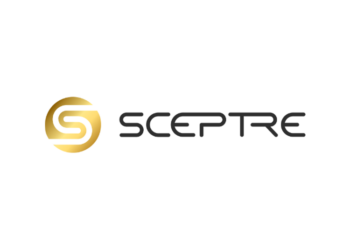Moving to Canada is a significant step in the life of any immigrant. Finding suitable employment is a key aspect of successful adaptation. Understanding the immigration process and employment requirements is crucial.
For those planning to stay in Canada temporarily or permanently, various visas are available, including the Canada Business Visa. This type of visa can significantly facilitate the process of securing a job and open doors to new business and employment opportunities.
It’s important to prepare a high-quality resume and familiarize yourself with the needs of the Canadian labour market. It’s also important to consider interview requirements and qualifications to increase your chances of successful employment.
Effective Job Search Strategies for Immigrants in Canada
Moving to a new country often presents numerous challenges, especially when it comes to finding suitable employment. It’s important for immigrants to Canada to take a systematic and proactive approach, utilizing all available resources and tools to increase their chances of successful employment.
A sound job search strategy includes preparing a resume in accordance with Canadian standards, developing professional networks, and using specialized job search platforms. Below are effective methods for expats seeking employment in Canada.
Preparing a professional resume tailored to local requirements
Before writing your resume, it is recommended to familiarize yourself with Canadian resume templates and formatting requirements. This will help you understand how to properly structure the information and which details to prioritize. It is also important to consider the specifics of the labor market and the requirements of your specific industry.
Creating a professional resume for the Canadian market
The resume structure should include the following sections:
- Contact information: name, phone number, email, LinkedIn profile, if applicable.
- Objective or professional summary: a brief description of your goals and key competencies.
- Work experience: listed in reverse chronological order, highlighting achievements and specific tasks.
- Education and certifications: list diplomas and continuing education courses relevant to your profession.
- Skills and competencies: technical and soft skills in demand in Canada.
- Additional information: foreign language proficiency, volunteer experience, professional associations, and references.












